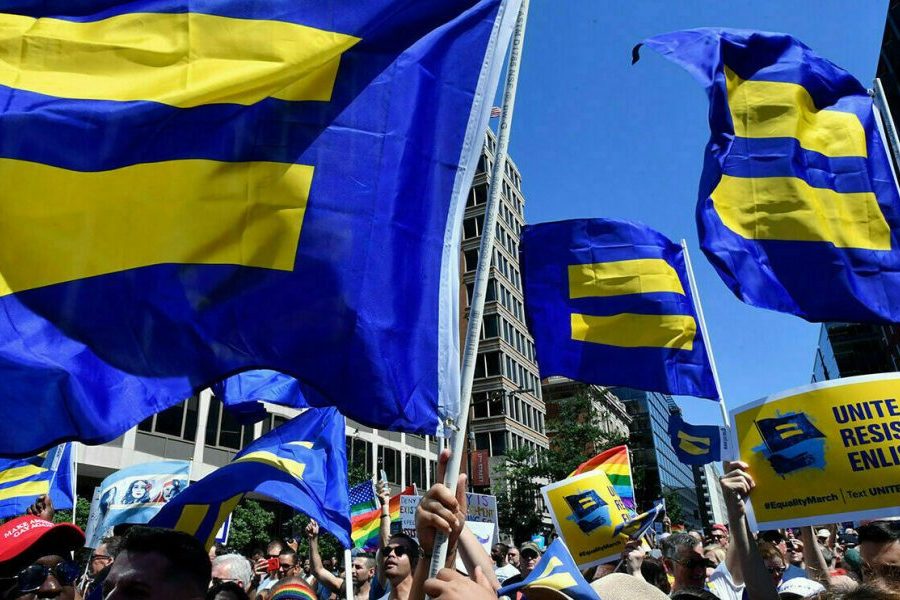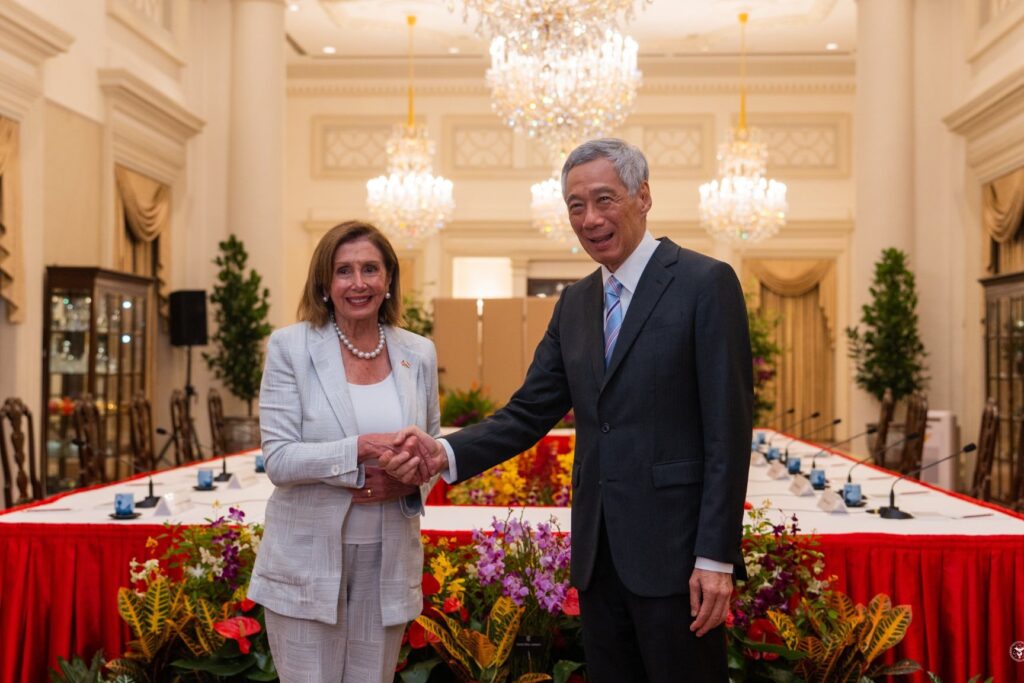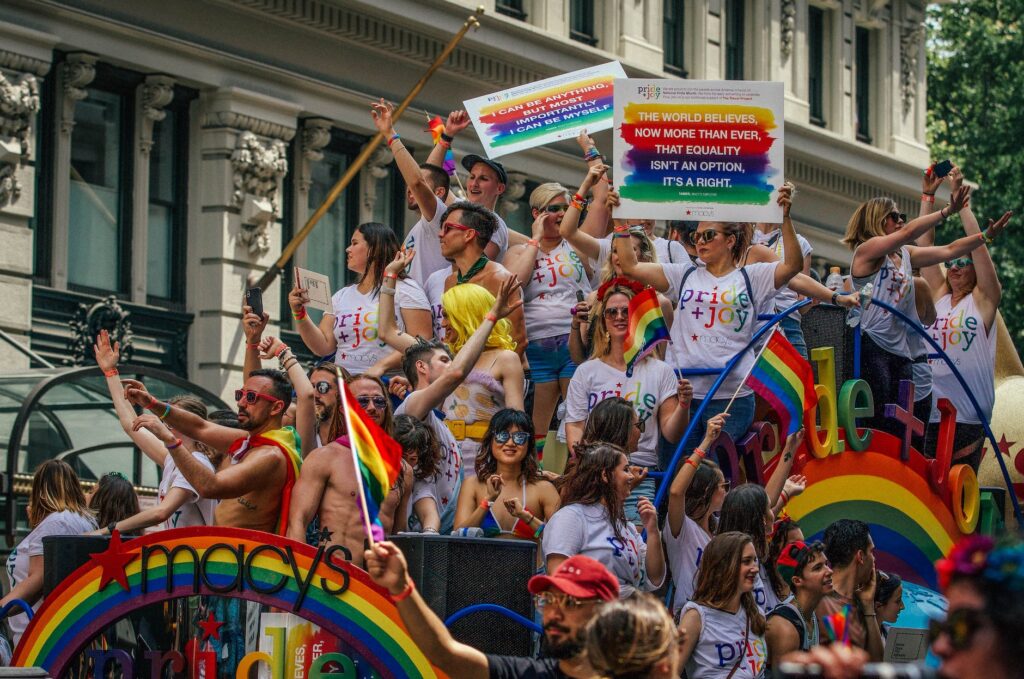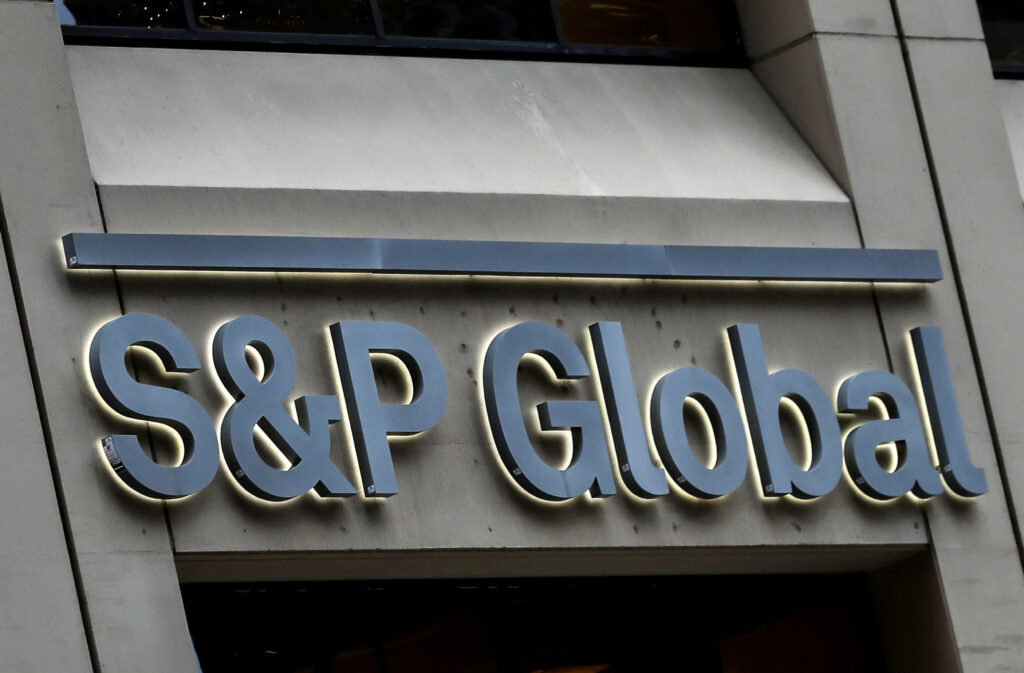Foreign governments push DEI policies upon Singapore, disrespecting Singapore’s sovereignty.
Overview

EU to enforce LGBTQ policies on companies; even on companies based in Singapore
On 5 January 2023, the European Union (EU) began enforcing the Corporate Sustainability Reporting Directive (CSRD) [1]. This legislation not only applies to companies headquartered in the EU, but also companies based elsewhere with a consolidated revenue in EU exceeding 150 million Euros for 2 consecutive years [2].
The CSRD demands that companies must ensure that “LGBTQI people are respected and that the undertaking’s selling practices do not exclude such people from the products or services it offers” [3]. This has huge impacts on global businesses.
For example, a Singapore-based insurance provider under CSRD might be penalised for declining to insure gender reassignment procedures both within EU and elsewhere. A Singapore-based event organiser under CSRD might also be penalised for declining to organise a pride parade both within EU and elsewhere.
When the EU forces companies (including Singapore-based companies) to conform to LGBTQ ideology, it infringes on Singapore’s sovereignty and individual freedoms.
EU CSRD Application Requirement 37 d:
“business opportunities related to the undertaking’s dependencies on consumers and/or end-users may include the achievement of a loyal future consumer base by ensuring, for example, that LGBTQI people are respected and that the undertaking’s selling practices do not exclude such people from the products or services it offers.”

Nancy Pelosi calls for businesses to promote socially divisive activism in Singapore
In August 2022, the United States House Speaker Nancy Pelosi called on American businesses to promote LGBTQ activism.
“We asked for their support for the LGBTQ community in Singapore, as more American businesses are establishing and adding offices in Singapore” [4].
With the presence of over 5,500 American companies in Singapore, the American government may view their business community as a conduit for spreading American partisan politics into Singapore.
The Ministry of Home Affairs responded thus “The Government would like to remind foreign businesses that while they are free to promote diversity in their companies, they should be careful about advocacy on issues in Singapore that could be socially divisive (including LGBT issues).” [5]







